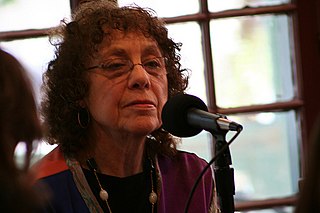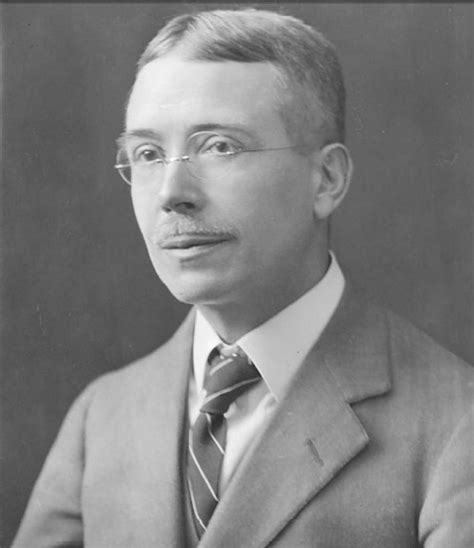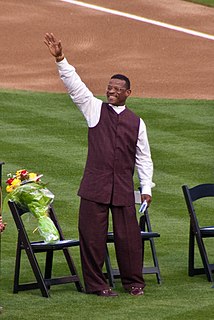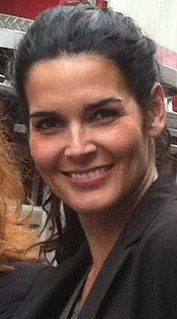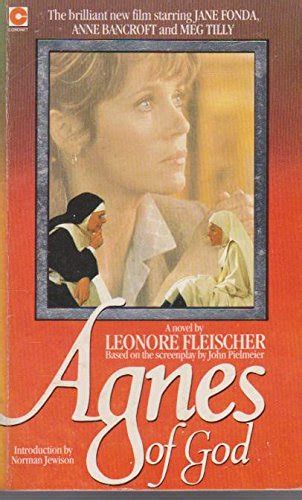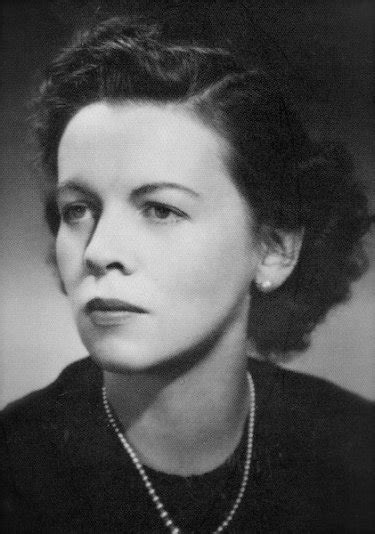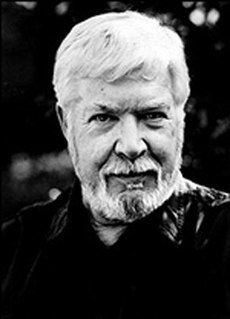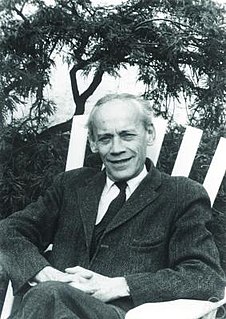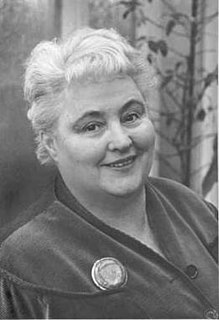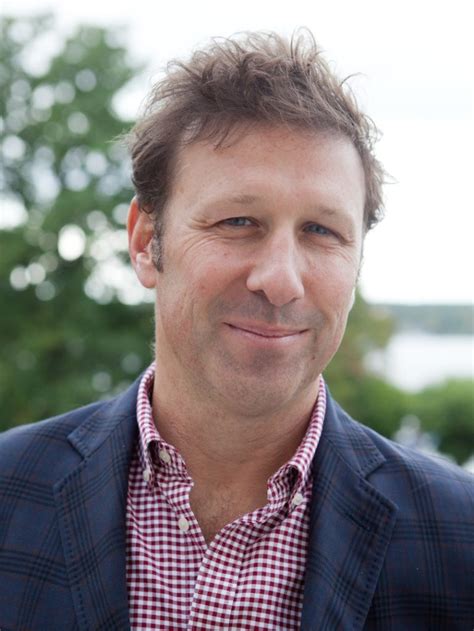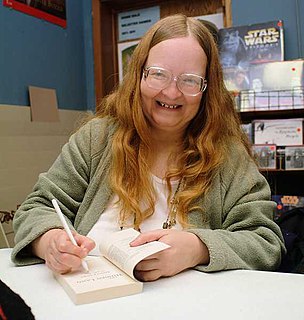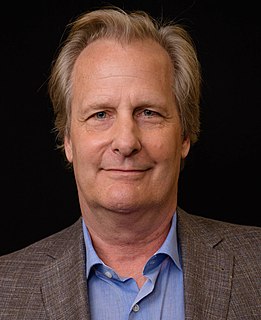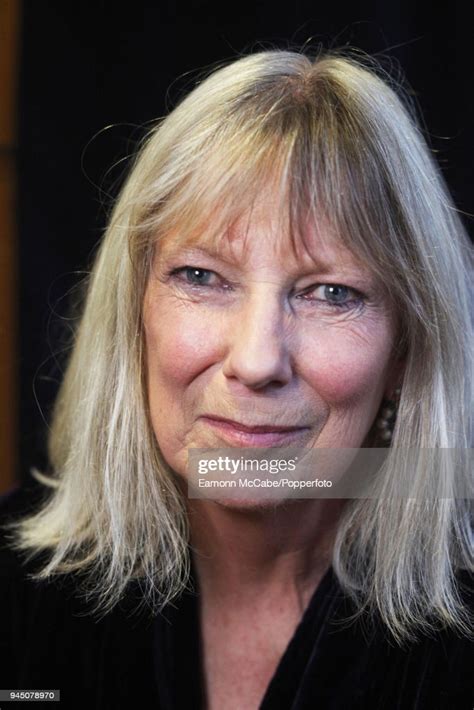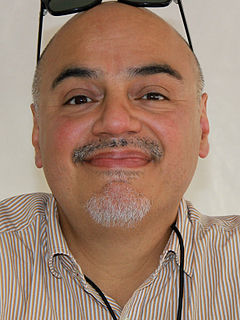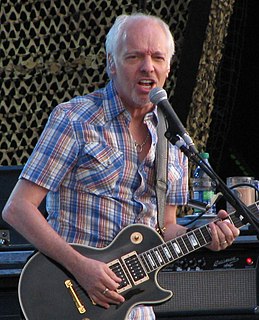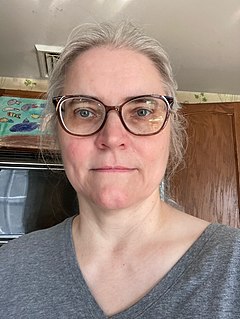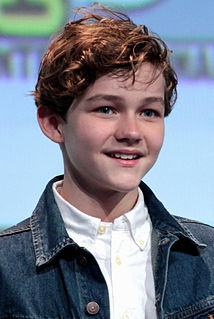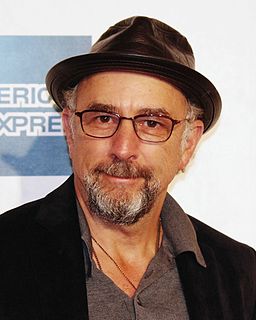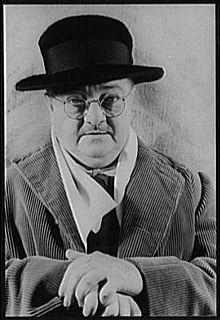Top 241 Paragraph Quotes & Sayings - Page 3
Explore popular Paragraph quotes.
Last updated on December 18, 2024.
Most personal correspondence of today consists of letters the first half of which are given over to an indexed statement of why the writer hasn't written before, followed by one paragraph of small talk, with the remainder devoted to reasons why it is imperative that the letter be brought to a close.
Often they [writers on the study of management] have a point of view based upon intuition and experience. They then offer a cadence of two-paragraph examples carefully selected to "prove" their theory, and then they write "one size fits all" books. The message is, "If you'd do what these companies did, you'd be successful too."
I feel that in the past, my style has shown itself to be capable of handling dark and light in the same paragraph, or even in the same sentence. That's something I almost take for granted. I think it was more a concern to get the details right and persuasively recreate the world I was trying to write about.
I wanted to understand things and then be free of them. I needed to learn how to telescope things, ideas. Things were too big to see all at once, like all the books in the library-everything laying around on all the tables. You might be able to put it all into one paragraph or into one verse of a song if you could get it right.
It's not that you get a cliché and then wiggle it about or use synonyms. You don't take an ordinary decorative paragraph and give it style. What you're trying to do is be faithful to your perceptions and transmit them as faithfully as you can. I say these sentences until they sound right. There's no objective reason why they're right. They just sound right to me.
there are people who are born superficial ... They prefer not to have to deal with more than a limited number of oversimplified ideas - they prefer the book reviews to the books, the headlines and the leading paragraph to the full report, the generalization to the facts, and the negative to the positive.
I advise, if you're stymied by a passage or paragraph or plot point - whether it's for an assignment from the outside world or one that comes only from within - get up from wherever you're sitting, walk outdoors, and do nothing but look at the sky for five minutes. Just stare at that thing. Then execute a small bow and go back in.
Trying to take a feeling from one language, and express it in another is naturally that's my goal. You can't possibly achieve that in a perfect way because there's so many things you have to take into consideration. You know, think about every word, every sentence, every paragraph, and do what you can.
And that's one thing that helps me is I learn it blandly, vanilla, then I don't try to act it too soon because you start to act it, and you kind of go away from what the next sentence is, what the next paragraph is. So get it down so it kind of can - it's in there so you can then, as I call it, dance on top of it.
I imagine an America that can actually change. That we become a nation that prospers again but without pillaging the resources of nations that make their people hate us. That we become a nation that, as the constitution says in its preamble, its very first paragraph, 'promotes the general welfare' of its people.



